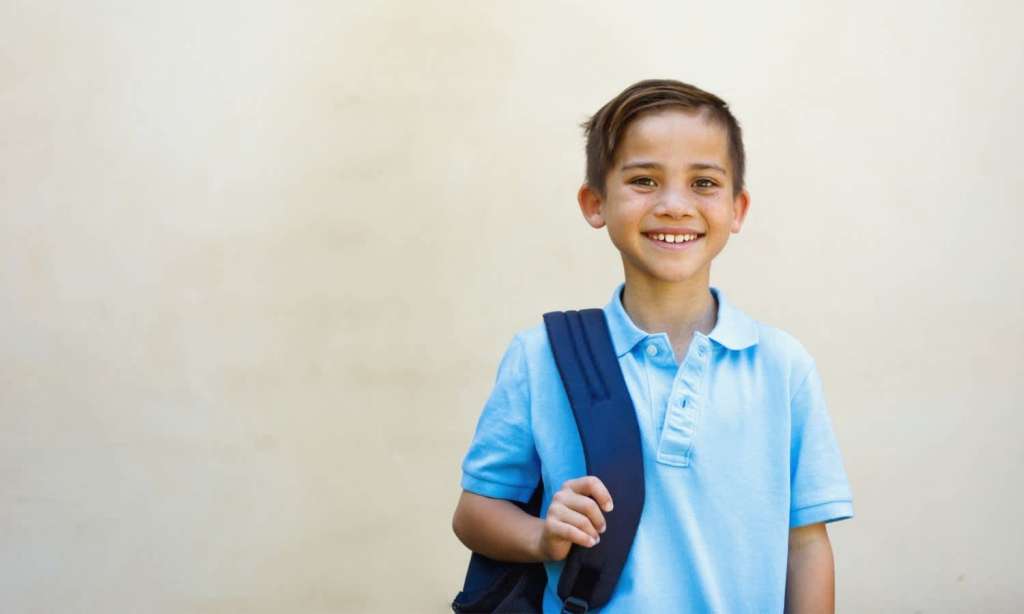The news this week that school will resume earlier than expected is likely to have produced a variety of responses from both parents and students. Some might feel excited, joyous, and relieved, others apprehensive, anxious and even overwhelmed. After an extended lockdown, all these emotional responses are equally normal.
As parents or carers, it’s important to listen to the questions coming from children about returning to school, and to offer clear and honest answers. It’s also OK to admit when you don’t know the answers. Remember that children, especially adolescents who have access to personal devices, will be picking up information about COVID-19 from a variety of sources. And that not all these sources will be reliable.
There are a few things you can do though to help your child’s return to school:
Encourage Them to Ask Questions
Provide accurate information or help them seek information from reliable sources.
Reassure Them That It’s Safe to Return to School
Explain that the decision to return children to school is based on medical advice. Also, schools are working hard to put in place measures to keep their students safe, and children do not usually get very sick from COVID-19.
Reassure Them It’s Normal to Have Mixed Feelings About Returning to School
Be aware of their emotional state by asking them how they are feeling about returning to school. Encourage a discussion about their worries and concerns.
Re-Establish Your School Day Routine
This will vary depending on the age of the child but return them to their usual wake up and breakfast time, dinner and bedtimes. Do this at least a week prior to their return to school to allow them time to adjust if the routine is different from their current one. Once school returns, remember to allow time for relaxation, play and homework.
Prepare Your Child for Changes to School Processes
Many schools will be establishing new processes to keep their students safe. This might include different areas for drop off, frequent use of hand sanitiser and mask wearing.
Communicate with your school to understand these changes and talk to your child about them. This will help them feel more comfortable about the changes but also give them an opportunity to ask questions about them.
For many schools, parents will not be allowed on campus. If you think it will be hard for your child to separate from you at the school gate, ask your child what might help (e.g., entering with a friend) and role play new drop-off procedures.
Keep the Conversation Going
After school, talk to your child about how their day went. Encourage a conversation about what was enjoyable, but also what they may have been concerned about.
Ensure Your Child Gets Enough Rest
After a long period of home-schooling you child might feel more fatigued once returning to school. Schedule in quiet activities after school and ensure you child is getting sufficient sleep at night.
Get Help If Needed
Keep an eye out for the following signs that your child is finding the transition back to school especially difficult and may need some extra support:
- Prolonged behavioural issues, such as meltdowns and acting out, or being unusually quiet and withdrawn
- Clinginess and difficulty separating from you that continues for a prolonged duration
- Changes to sleeping or eating patterns
- Refusing to attend school
- Excessively and unusually fidgety, restless, or irritable
- Excessive complaints of physical symptoms, such as headaches or stomach aches.
If you have significant concerns about your child talk to your school about resources they may have to support your child’s wellbeing. You can also get professional help from your GP, who can also provide a referral to a psychologist or mental health professional. Most psychologists are now offering their services using tele-health (online formats). Adolescents may also benefit from online tools and resources.
Some online resources and tools include:
- Bite Back, an online program for teenages to learn strategies to deal with anxiety
- Kids Helpline, 1800 55 1800
- BeyondBlue, 1300 22 4636
- eHeadspace
- Brave online, free online anxiety program
Dr Sophie Li is based at the Black Dog Institute as a Senior Clinical Research Manager and Clinical Psychologist. She is also the mother of two primary school aged children. Her clinical and research expertise is in the treatment of depression and anxiety in young people. She investigates the way young people engage in digital technology to facilitate the implementation of evidence based digital mental health programs.
Read more stories from The Latch and subscribe to our email newsletter.

